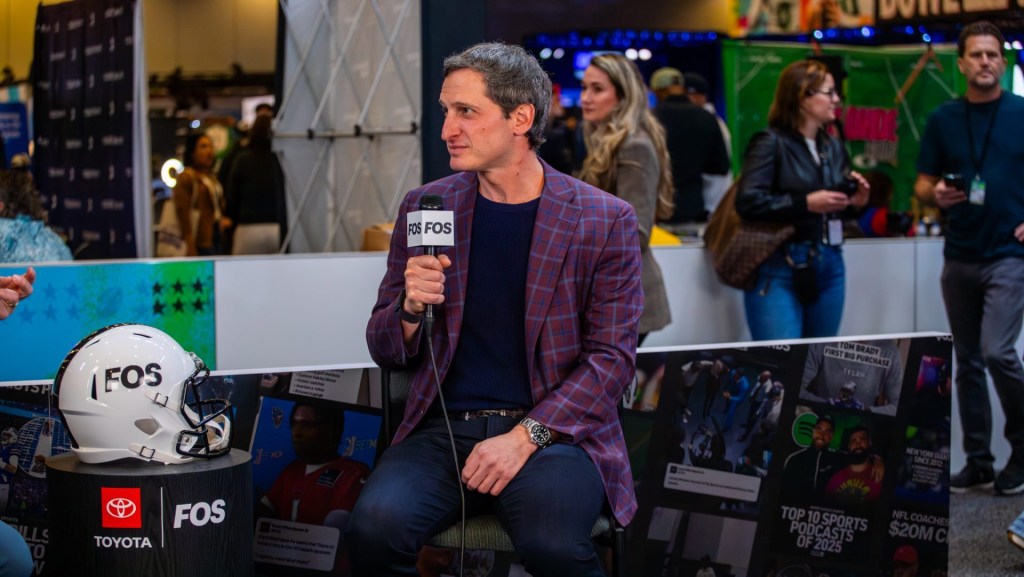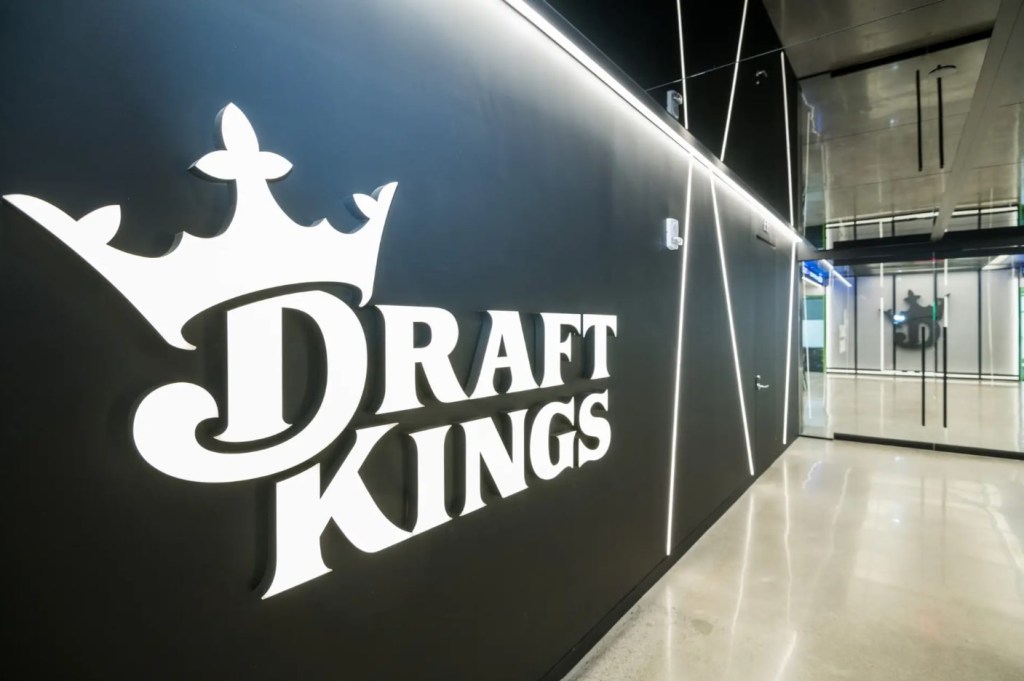Robinhood is introducing new prediction markets that will allow users to trade on the outcomes of pro and college football games, the latest sign that controversial sports event contracts continue to have momentum despite legal challenges.
The new markets from Robinhood Derivatives LLC will be powered by KalshiEx LLC—the parent company of Kalshi, which on Monday informed the federal regulator Commodity Futures Trading Commission (CFTC) about new offerings of its own that let users trade on how many touchdowns a given player will score in a game, point spreads, and the overall total score.
The timing is “strictly a coincidence,” JB Mackenzie, VP and GM of futures and international at Robinhood, tells Front Office Sports.
“Football is far and away the most popular sport in America, and we felt it was the perfect time to launch these prediction markets ahead of the start of the college football season this weekend,” he says.
Robinhood says the new markets are actively being rolled out and will be available to “all eligible customers in the coming days.” To create a Robinhood account, users must be at least 18, among other requirements, according to the company website. To start, the company will offer event contracts for the first two weeks of the pro and college seasons, with additional matchups being added each week.
Robinhood isn’t rolling out point spreads or the other sorts of expanded offerings Kalshi just launched. For now, the company is keeping it simple with contracts on the outcomes of games, according to Mackenzie. The company also intends to allow users to trade on which team will win the Super Bowl and which team will win the College Football Playoff national championship, he says.
The trading platform also aims to expand its event contracts into additional sports-related production markets, and Mackenzie noted the company already offers access to contracts across sports like pro baseball, golf, and soccer (as well as non-sports-related contracts like crypto, economics, and culture).
Sports prediction markets, like those offered by Robinhood in all 50 U.S. states, have garnered controversy because they appear so similar to traditional sports betting, which is regulated on a state-by-state basis. Robinhood alluded to the backlash these event contracts have received, saying that “unlike sports betting, where the firm sets a line, event contracts leverage the power and rigor of financial market structure and are offered in a marketplace where buyers and sellers interact to set the price.”
“Customers can access the contracts in real time and manage risk by adjusting—or exiting—their positions up to and throughout a game before a contract expires,” the company added.
Robinhood has had a bit of a start-and-stop relationship with sports event contracts. Earlier this year, it announced a partnership with Kalshi under which users would be able to trade on the Super Bowl, only to suspend rollout of that feature the following day after the CFTC asked that it “not permit customers to access” sports event contracts.
Not long after, Robinhood tried to take another stab at sports prediction markets, announcing it was entering a wide-ranging partnership with Kalshi that would include moneyline markets on the NCAA’s March Madness tournament. A little over a week later, the company pulled those markets out of New Jersey after pressure from regulators.
Kalshi has been the more high-profile company in terms of legal battles, although Robinhood was also roped into some of the lawsuits that sprouted from the sports prediction space. In June, Robinhood, Kalshi, and others were hit with five new lawsuits in five different state courts—by five LLC plaintiffs with very similar names—over allegations that their sports event contracts are in fact illegal sports betting products disguised as financial products. In July, Robinhood and Kalshi were sued by three Native American tribes over the legality of their sports prediction markets.

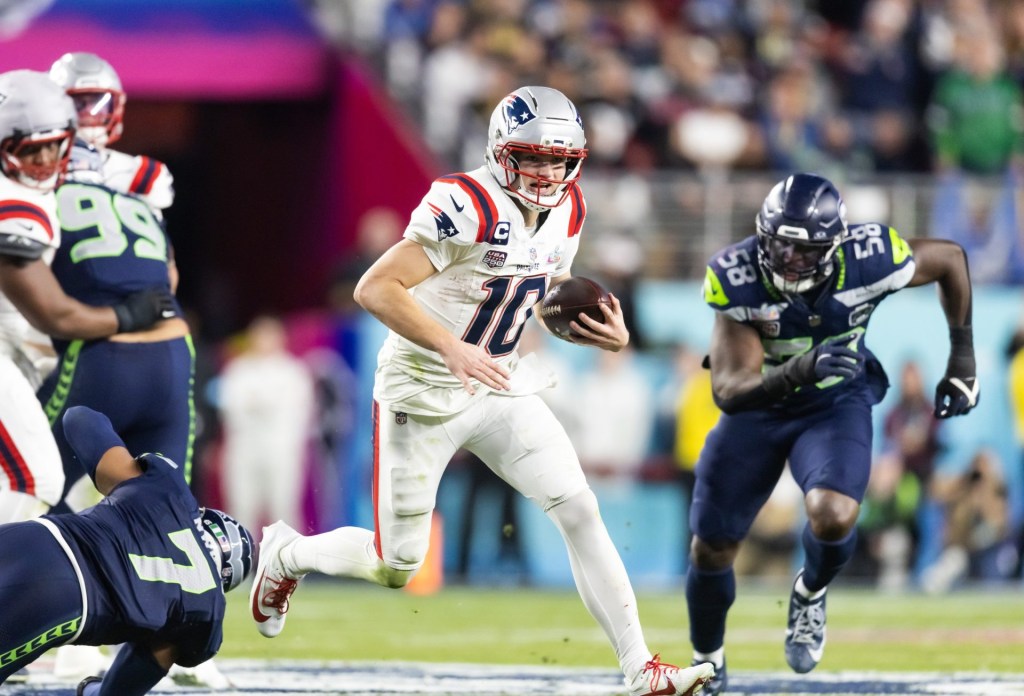
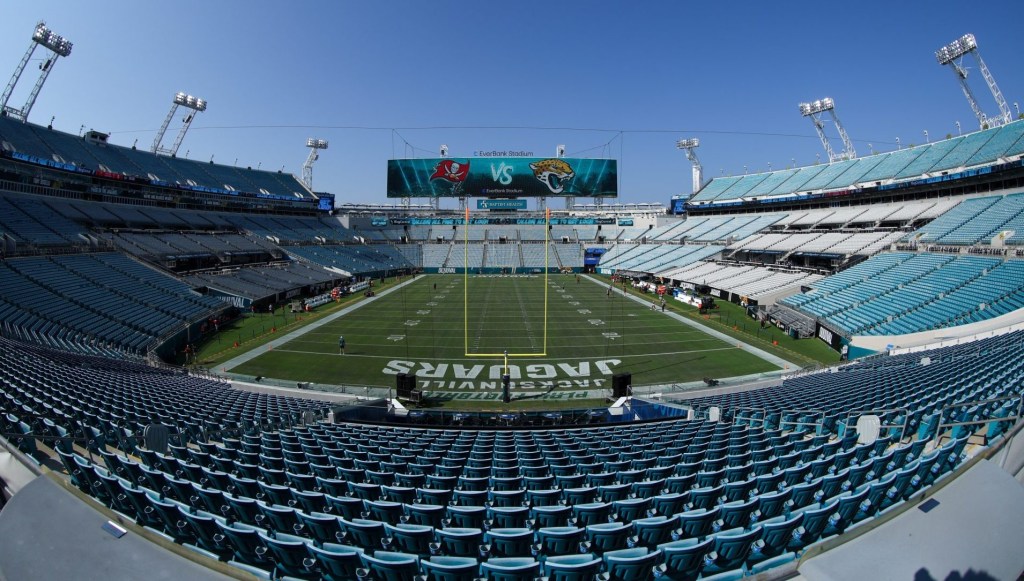
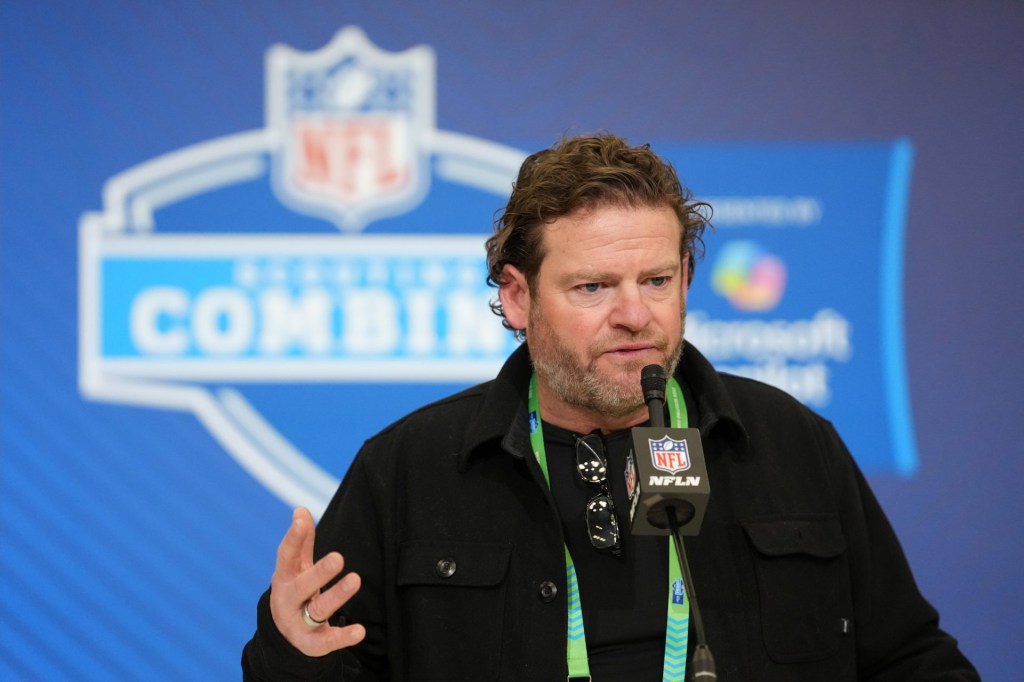
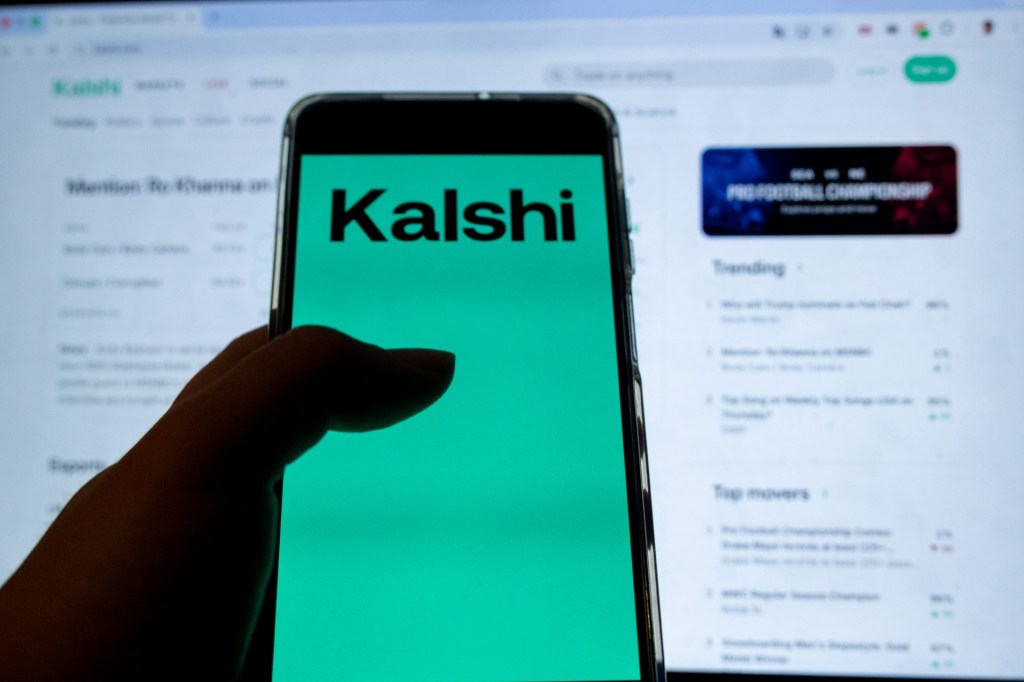
![[Subscription Customers Only] Jul 13, 2025; East Rutherford, New Jersey, USA; Chelsea FC midfielder Cole Palmer (10) celebrates winning the final of the 2025 FIFA Club World Cup at MetLife Stadium](https://frontofficesports.com/wp-content/uploads/2026/02/USATSI_26636703-scaled-e1770932227605.jpg?quality=100&w=1024)



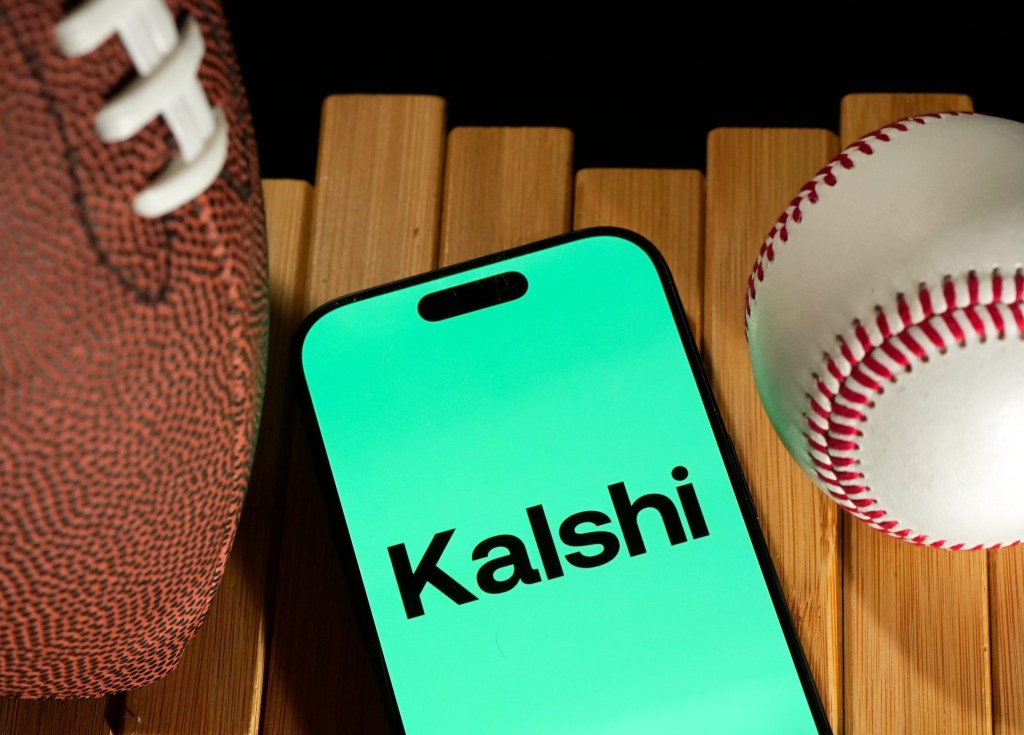
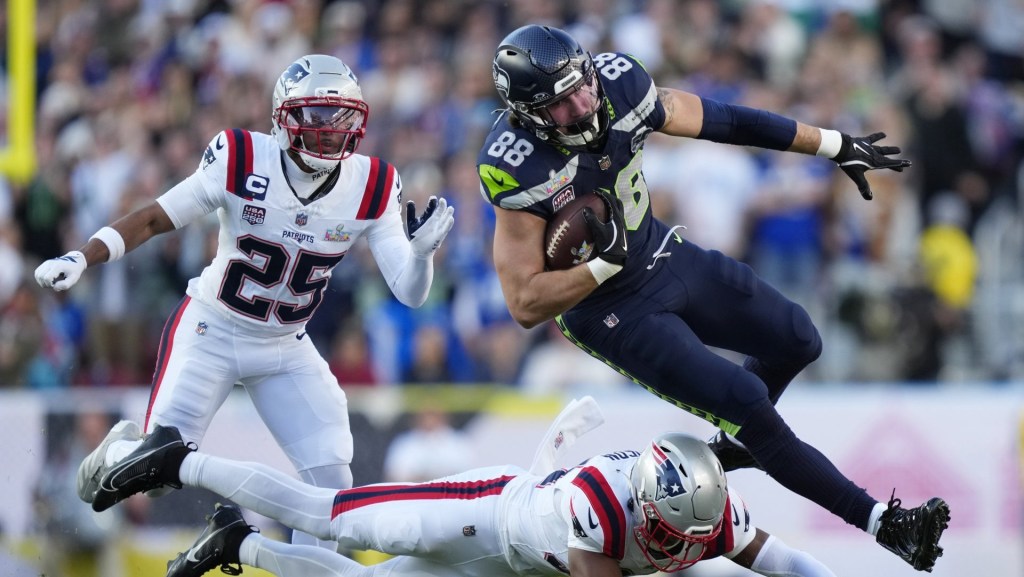
![ESPN Bet broadcasts inside the PGA Tour Studios building in Ponte Vedra Beach, Florida, on March 14, 2025. [Clayton Freeman/Florida Times-Union]](https://frontofficesports.com/wp-content/uploads/2026/02/USATSI_25668497_168416386_lowres-1-scaled.jpg?quality=100&w=1024)

